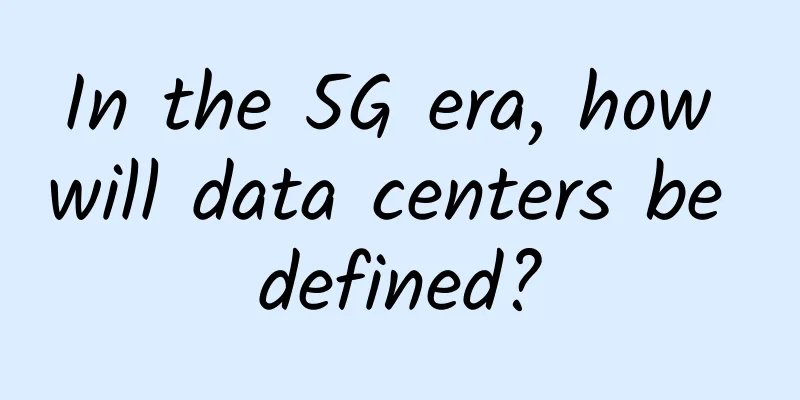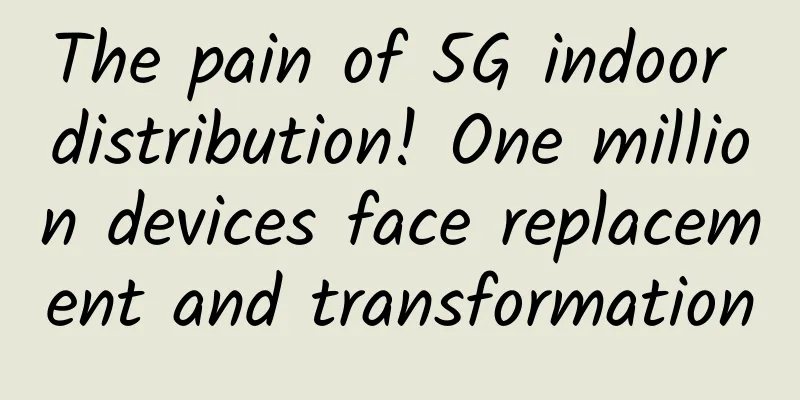5G brings unlimited opportunities to different industries

|
The workplace of tomorrow will look different than it does today, and the COVID-19 pandemic isn’t the only factor causing that. 5G will also help us get there. 5G is the latest generation of cellular mobile communications and, quite simply, it offers faster network speeds. While it may solve some of the latency issues associated with 4G LTE and has explosive growth forecasts, I personally want to see what opportunities it can bring to the industry.
Ericsson said the UK could benefit from around 14.8 billion euros in additional economic growth if it could capture the full potential of 5G networks. It also gave a glimpse into the sectors such as manufacturing that could benefit most from 5G. For today’s article, let’s imagine what will happen in the future if we fully tap the potential of 5G? What possibilities can 5G bring to different industries? manufacturing The UK’s first 5G factory, created by Worcester Bosch, is an example of what is currently happening in the manufacturing industry. It features real-time machine sensors to reduce downtime and improve product safety. Other examples include Ford and Siemens, which are adding 5G-based low-latency connectivity and private networks. This will help improve productivity and efficiency of existing element systems. AT&T gave us another example of how 5G can potentially help the manufacturing industry. Technicians can go to the site and have engineers at headquarters guide them through the repair process remotely via 5G. This also shows that 5G will enable manufacturers to push more functions to the edge of the network. Last year, AT&T and MxD announced a large partnership to advance 5G in manufacturing. The two companies are working together to install 5G technology and multi-access edge computing at MxD's Innovation Center in Chicago. I recently had the opportunity to speak at MxD, and let me tell you, what these two companies are doing for the manufacturing industry is truly innovative. This will help develop manufacturing use cases that we haven't even thought of yet. Emergency Rescue Another industry that is poised to benefit from 5G is emergency rescue, as it will allow them to get real-time information. In this industry, high bandwidth is important every second. I have some ideas about how 5G can help in this regard. Let's say emergency personnel are monitoring a patient with heart disease, and the monitoring needs to be done in real time, then 5G can enable real-time video to help emergency personnel. Or, another example could be search and rescue. 5G could transmit video from a control station to searchers, or it could also provide a video stream in a firefighter's helmet or body-worn camera. Likewise, it could be used in emergency vehicles. Companies like AT&T and their relationship with emergency networks also come to the fore here, with their mission to improve high-speed broadband for public safety. Retail This is an industry that could be transformed by 5G. Retail is changing dramatically as a result of the pandemic. But I don't believe our physical stores will completely disappear overnight. The fact is, 5G can help ensure that our toilet paper or meat or whatever you need is in stock when and where you need it. One of the biggest potential use cases I see is in instances of low inventory. AT&T envisions smart shelves using IoT embedded sensors so that any store can see inventory in real time. This would sense if an item is low and could immediately contact the supplier to restock. As I always say, the opportunities are truly endless. Enterprises will see huge changes over the next five years as 5G brings new capabilities. We discussed three industries in this article, but there are many others. I see huge opportunities in construction and utilities. To help look ahead to the future, Verizon Business is bringing 5G Ultra Wideband service to an innovation center in Lake Nona, Florida. Here, innovators can test how 5G can enhance healthcare, mobility, smart communities, education, sports and more. It’s part of Verizon’s broader strategy to work with customers, startups, universities, large enterprises and the public sector to explore how 5G can transform industries. 5G will give us the opportunity to develop new applications and data sets at work. The result will be a more efficient and safer workplace - which I think is exactly what we need right now. |
<<: Global 5G users will reach 3.5 billion by 2026
>>: In the 5G era, smart services will become the new normal
Recommend
Three ways hotel Wi-Fi supports remote work
Residents are excited about and choosing to live ...
Network Automation: The Core Competitiveness of Operators in the 5G Era
[[327272]] What is the core competitiveness of op...
Sharktech: Los Angeles 1Gbps unlimited traffic high-security server starting at $59/month
Sharktech has been offering a promotion for 1Gbps...
F5 Launches F5 Advanced WAF for Multi-Cloud Application Security
Beijing, China, May 14, 2018 – This week, F5 (NAS...
Because 4G cards do not meet security requirements, you may need to replace your SIM card to use the 5G network
With the accelerated deployment of 5G networks an...
Why TCP/IP is a threat to the Internet of Things
This article is reproduced from the WeChat public...
China Mobile's operating revenue in the first quarter of 2021 was 198.4 billion yuan, a year-on-year increase of 9.5%
[[394900]] China Mobile today released its main o...
Ministry of Industry and Information Technology: 5G traffic price is 4.4 yuan/GB, down 46% in two years, and will continue to drop in the future
According to China News Service, on March 1, the ...
HostKvm: $6.8/month KVM-2G memory/40G hard disk/500GB monthly traffic/available in Korea, Russia, and Australia
How about HostKvm? HostKvm is a Chinese hosting c...
Now, how can enterprises fully reap the benefits of private 5G networks?
Over the next decade, 5G is expected to become on...
Five ways to establish effective communication in remote teams
The term "remote" itself has a connotat...
Single Sign On (Single Sign On) is enough to read this article
[[347603]] background In the early stages of ente...
How Businesses Can Implement IoT Solutions
While the Internet of Things is changing people’s...
Why can't the 5G package be changed back to 4G?
Recently, the "5G-forced" incident has ...


![[New Year's Day] RackNerd: $11.49/year-1GB/21G SSD/1.5TB@1Gpbs/San Jose & Los Angeles & Seattle data centers](/upload/images/67cabca069250.webp)






